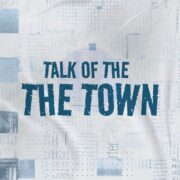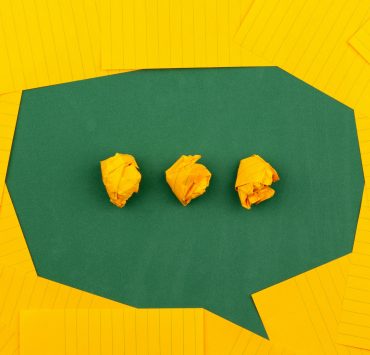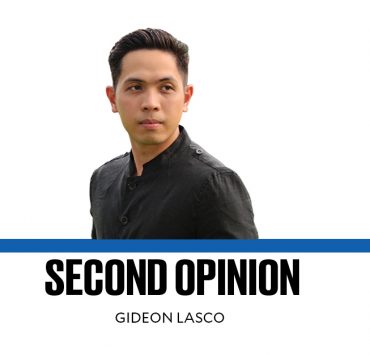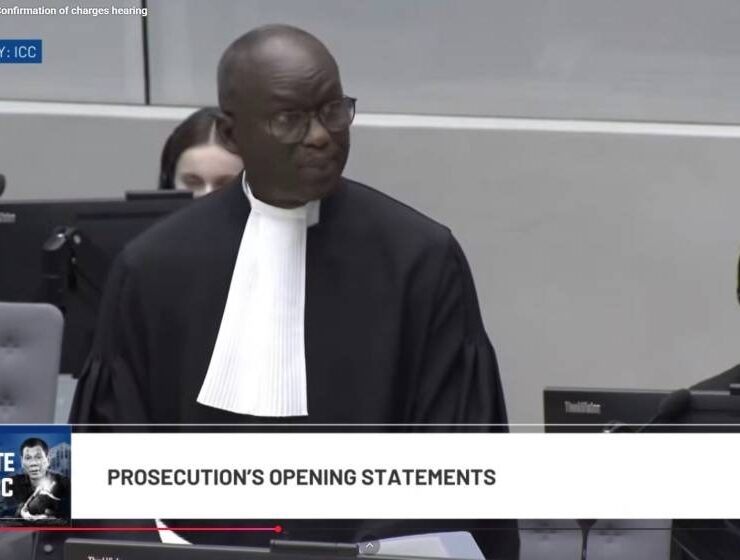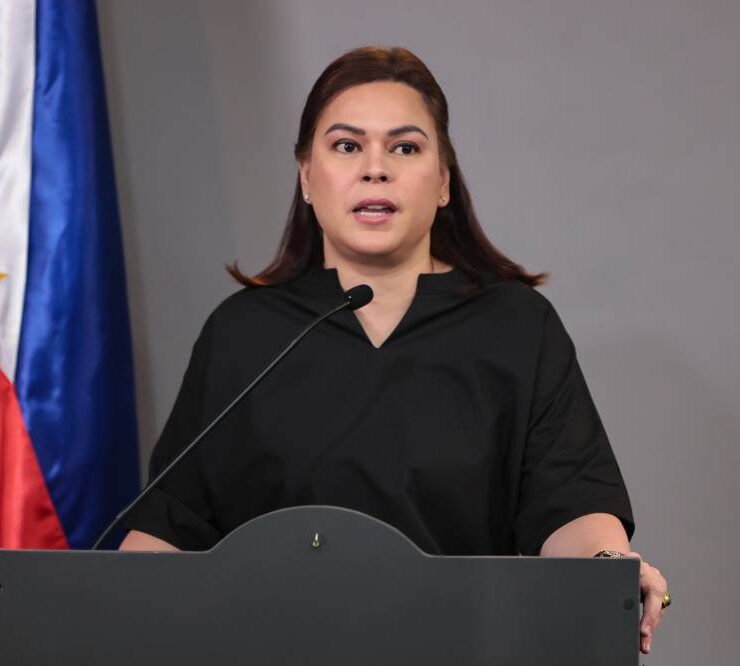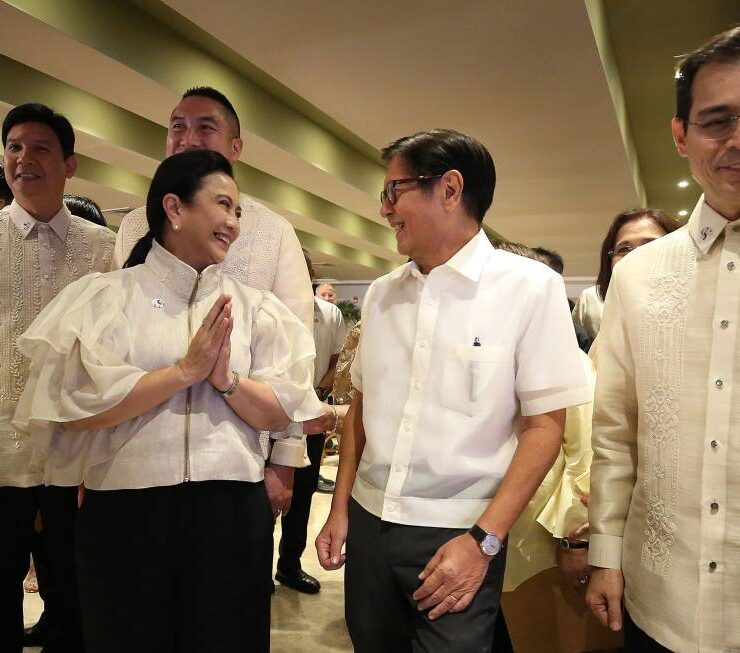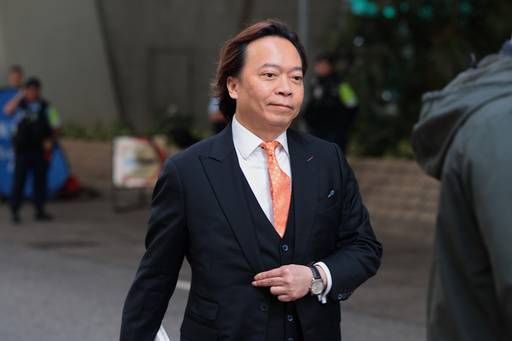Sports psychology in these times
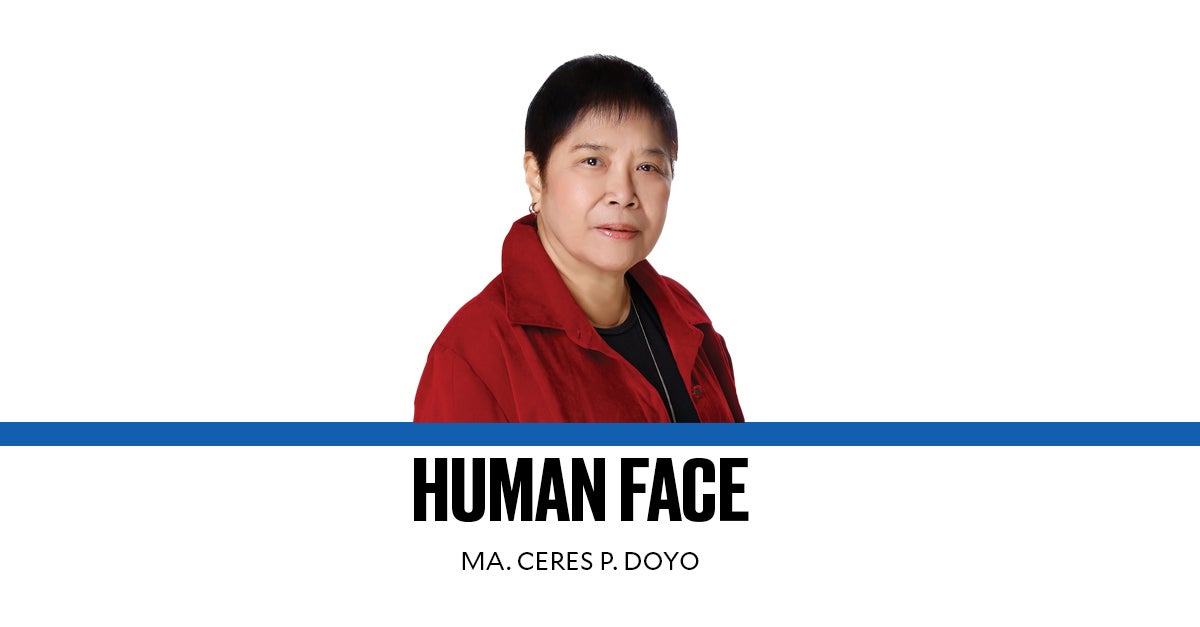
Wanted: Family therapy for athletes and celebs” was supposed to be the title and topic of this column—yes, for obvious “olympic” reasons—but I thought I should not dive headlong into the obvious. But not to lose sight of it either. There is so much in both social and mainstream media that many of us could draw lessons from. Lessons about ourselves, our behaviors, families, Filipino society, relationships, about celebrities, and those in the field of sports.
I am not into sports journalism but I have colleagues in the field whom I admire especially for their reporting style and precise use of language (the verbs that leap and stun). They would be the first to tell us that sports is not all about winning and losing, or what is going on in the arena and the boxing ring. It is also about humans who can be vulnerable, about the people who raise them or hone their talents. Sports, like showbiz, has a way of holding a magnifying glass on those who thrive in it. Fame, fortune, and celebrityhood can exact a very high price on one’s well-being. Think Michael Jackson.
There is sports psychology, a field with two specialized areas. Applied sports psychology “teach[es] skills to enhance the athletic performance” through goal-setting and imagery. Clinical sports psychology “[combines] mental training strategies from sports psychology with psychotherapy to help clients with mental health problems” and other issues that may affect their well-being. Just as there are sports doctors and nutritionists who attend to the athletes’ physical health, there are psychologists who specialize in the mental health of those in competitive and professional sports. If not busy in their clinics, they should be taking their virtual seats in sports arenas. There are sports psychologists in the Philippines. Did Carlos Yulo have one?
In graduate school decades ago, there was no sports psychology or a chapter of it for us to study. Our world was clinical (with focus on the abnormal and the aberrant), experimental, social, counseling psychology, and psychological testing. The Freudian shadow was still hovering in projective techniques classes (my favorite). Our guru, Jesuit Fr. Jaime Bulatao, had broken ground in Filipino psychology and was figuring out the Filipino psyche.
The 2024 Paris Olympics had a way of calling our attention to human behaviors and responses to various stimuli, starting from its rain-drenched outre beginning on July 26. Surely there were some things about the athletes and sports that did not escape the attention of sports psychologists, issues that came from left field, so to speak. These, to my mind, are gender identity issues, hormones, social media, and family relationships—even religion—that that can spell the difference in one’s athletic quest and mental well-being during and in the aftermath. Doping has taken a backseat.
There were the issues of gender and hormones of two women boxers (from Algeria and Taiwan) declared male by a world boxing association but accepted as female by the Olympics committee. An uproar ensued and comments from experts, kibitzers, and plain bashers flew thick on social media. The Algerian’s bloodied Italian opponent who gave up the fight got her own share of bashing on social media. What is it like for those concerned? How will they survive? Who protects them from the stigma? But what is the truth?
I remember the cases of Filipino sprinters Nancy Navalta in the 1990s and of Mona Sulaiman in the 1960s. Both refused gender testing. How did they live with the doubts and move on?
How generous of 2024 United States Olympic star gymnast Simone Biles to reveal why she gave up the 2020 Tokyo Olympics at the last minute in favor of her mental health. How she bared her experience of sexual abuse as a young girl in training, how she overcame her debilitating mental condition and sprang back into action to win several golds for herself and her team.
But our own Carlos Yulo, 24, who recently won two Olympic gold medals for his gymnastic feats, has his own story. And social media, even mainstream media, cannot get enough of it. A family feud is not simply at the root of it. A few scathing words from an irate mother after her son’s victory broke the dam. But what is her state of health? We do not know the whole story. Unbelievable, is all I could say, after Yulo’s own riposte delivered so calmly compared to his mother’s emotional press conference con abogado de campanilla.
For now, a profound take-away from Yulo who did not win in Tokyo 2020 but snatched two golds in Paris 2024: how he changed his avenging, “revenge” mindset into simply giving it his all with joy, with hope. A lesson there. He is in love. Meanwhile we swoon with Edith Piaf’s “Hymne a l’amour” that Celine Dion, against all odds, brought to life at the Eiffel Tower.
—————
cerespd@gmail.com













